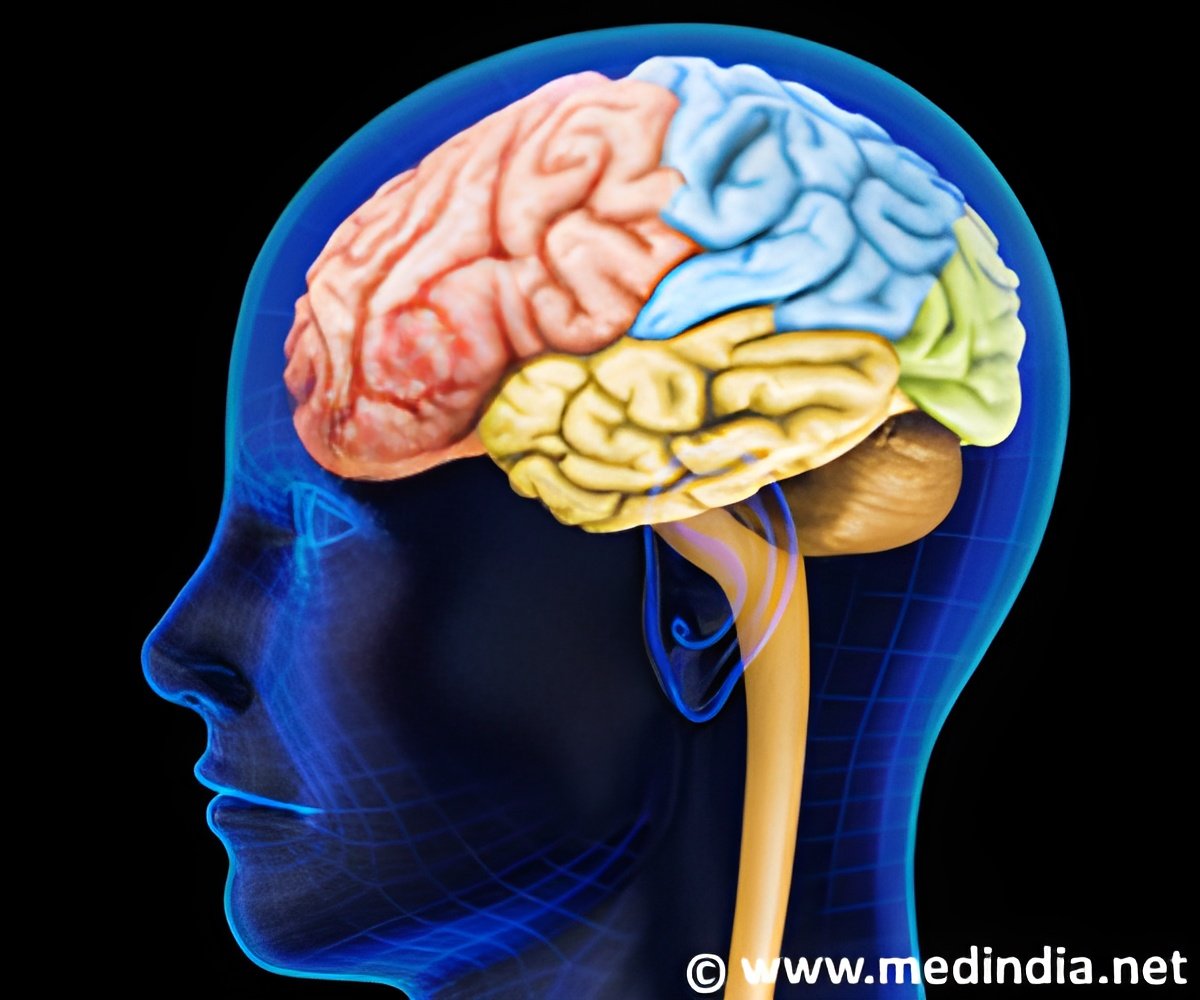
The mammalian brain is too large to observe the whole neural circuit in action.But using a technique called calcium imaging, Aoki et al. were able to visualize for the first time the activity of the whole zebrafish brain during memory retrieval.
Calcium imaging takes advantage of the fact that calcium ions enter neurons upon neural activation. By introducing a calcium sensitive fluorescent substance in the neural tissue, it becomes possible to trace the calcium influx in neurons and thus visualize neural activity.
The researchers trained transgenic zebrafish expressing a calcium sensitive protein to avoid a mild electric shock using a red LED as cue. By observing the zebrafish brain activity upon presentation of the red LED they were could visualize the process of remembering the learned avoidance behavior.
They observe spot-like neural activity in the dorsal part of the fish telencephalon, which corresponds to the human cortex, upon presentation of the red LED 24 hours after the training session. No activity is observed when the cue is presented 30 minutes after training.
In another experiment, Aoki et al. show that if this region of the brain is removed, the fish are able to learn the avoidance behavior, remember it short-term, but cannot form any long-term memory of it.
Advertisement
Source-Eurekalert








